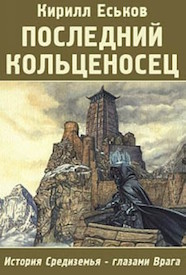While that’s technically true, we know common magic items are meant to be common, and things like healing potions are readily available, so it’s hardly a stretch.
So, the difference being we have rules in Xanathar's for how anyone with the Herbalist kit proficiency can create potions of healing.
And I didn't say it was a stretch.
When doing analysis, there is a difference between what comes out of strict reading of the rules, and what comes out of what seems like "reasonable extensions" of the text. The bit of figuring out what a cantrip can do on a farm is a pretty strict reading of the text, it is a consequence that falls right out of the RaW.
Positing those same 1st level mages making magic items to do the work is not strictly a result of the rules, per se. Quite reasonable for a setting, but it doesn't just fall out of the rules.




